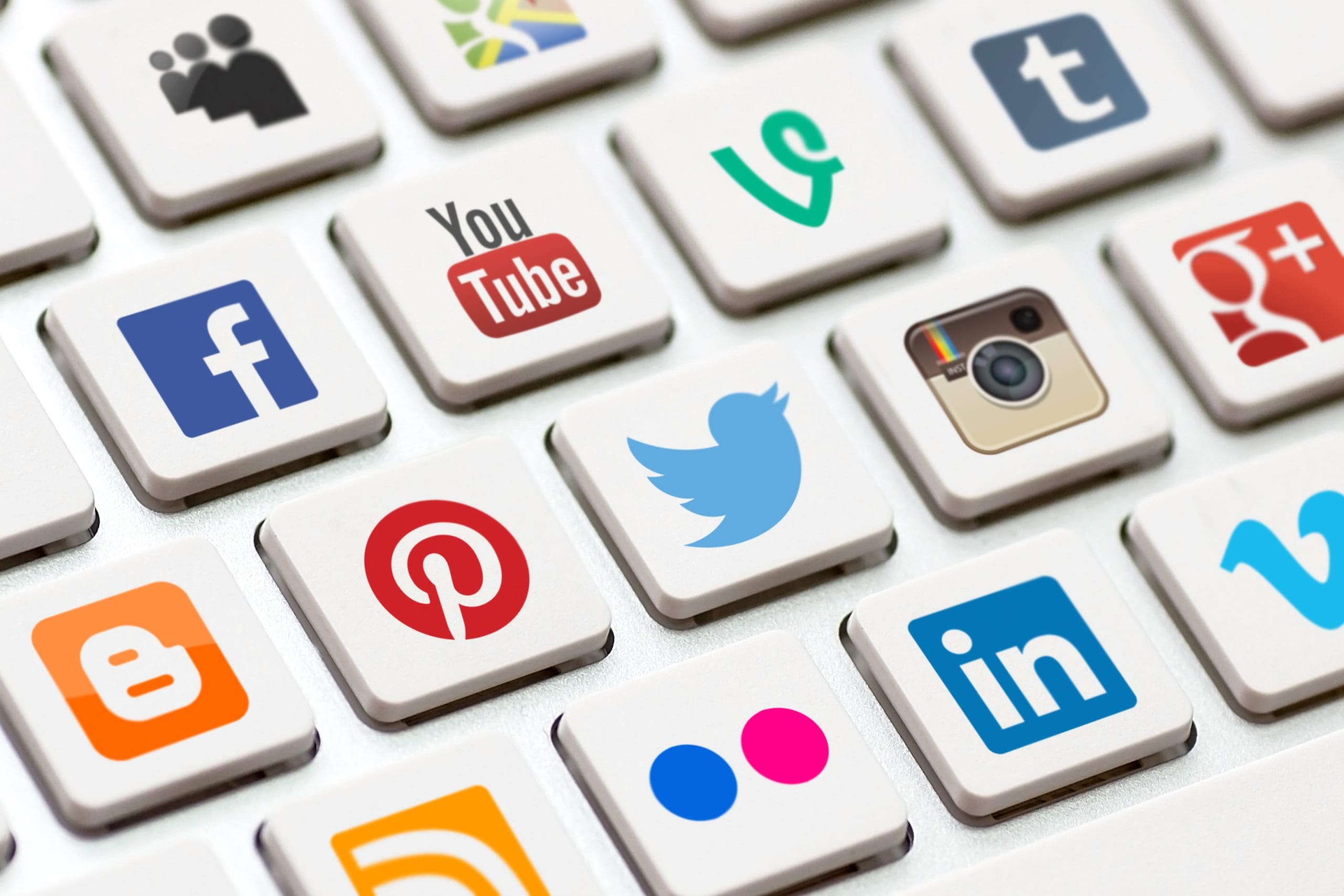
Social media apps play a significant role in shaping lives and online identities, offering connection and creativity but also posing challenges like addiction, self-esteem issues, privacy concerns, and cyberbullying. It can negatively impact one’s online presence through inappropriate content and misinformation.
What Are Social Media Platforms?
Social media platforms like Facebook, Instagram, and TikTok allow users to create, share, and engage with content. It has changed how people communicate, especially among younger generations like Gen Z. Research from Columbia University and the American Psychological Association shows that social media can impact mental health, self-image, and professional networking.
How Does Social Media Affect Our Mental Health?
Social media profoundly affects how we live. While it helps build connections and communities, social media usage can also cause problems like social isolation, addiction, and anxiety. Studies have shown that constant use can lead to low self-esteem, anxiety, depression, and eating disorders, especially among younger users.
Addiction
Social media addiction is a growing problem as people constantly check social media. People often find themselves checking platforms repeatedly, which disrupts daily tasks and impacts mental health. The brain releases dopamine in response to notifications and likes, creating a cycle of seeking more engagement. This behavior often leads to spending hours scrolling through feeds, and many people struggle to reduce their usage.
Comparison and Low Self-Esteem
The constant comparison encouraged by social media can harm self-esteem. People compare their lives to the idealized images they see, which distorts their sense of reality. This can lead to anxiety, depression, and body image issues, contributing to poor mental health. The curated content from influencers portraying “perfect” lives only worsens this effect.
Cyberbullying
Cyberbullying is shared on social media. The anonymity of online platforms makes it easy for people to harass others, particularly teens. This can lead to severe mental health issues, including anxiety and depression. Victims are encouraged to seek support, block offenders, and report inappropriate behavior. Parental involvement is crucial in managing a child’s social media to mitigate potential adverse effects such as anxiety and bullying.
Privacy Concerns
Privacy issues are another concern with social media use. Platforms collect large amounts of personal data, often without users fully understanding how their information is used. Users need to review settings regularly and use strong passwords to protect privacy.
Social media companies must be held accountable for ensuring user safety and addressing the implications of their data collection practices on mental and physical well-being.
What Is Online Presence?
Social media sites and other digital platforms contribute to how you or your brand is represented online. It significantly affects how others perceive you, affecting personal and professional opportunities.
How Can Social Media Negatively Impact Your Online Presence?
Social media can harm your online presence through inappropriate content, negative comments, and misinformation. Mismanagement of these elements can damage your reputation and contribute to various mental health risks.
Inappropriate Content and Algorithms
Whether intentional or accidental, sharing inappropriate content can quickly damage your reputation. Content that alienates your audience or creates a negative perception can have long-lasting effects on your online persona.
Negative Comments and Reviews
Negative comments and reviews are unavoidable on social media, but how they’re handled can make a big difference. Failing to address criticism or responding poorly can hurt your credibility and drive away potential customers or followers.
False Information
Misinformation spreads rapidly on social media. When false information is shared, it can mislead your audience and cause reputational harm. Fact-checking before sharing any content is critical to maintaining trust.
Lack of Professionalism
Being unprofessional on social media can severely affect your online reputation. Maintaining a respectful tone, avoiding controversial topics, and engaging thoughtfully with followers is essential for preserving credibility.
What Are the Consequences of a Damaged Online Presence?
A damaged online presence can lead to lost job opportunities, relationships, and trust, especially among young adults. Employers often look at social media before hiring, and negative or inappropriate content can be a red flag. Additionally, losing credibility online can harm personal and professional relationships, making it difficult to rebuild trust.
Difficulty in Finding Employment
Your online presence plays a critical role in job searches. Employers often check social media profiles as part of their hiring process. Inappropriate content or a lack of professionalism can hurt your chances of securing a job. It is crucial to regularly review and curate your profiles to reflect your professional goals.
Loss of Credibility and Trust
It can be challenging to rebuild when trust is lost due to a damaged online presence. Transparent communication and active efforts to demonstrate improvement can help restore some lost trust, but the process takes time and consistency.
Harm to Personal and Professional Relationships
Inconsistent behavior between online and offline personas can lead to misunderstandings, conflicts, and damaged relationships. Maintaining authenticity is key to fostering healthy personal and professional connections.
How Can You Protect and Improve Your Online Presence?
To protect and improve your online presence, adopt a proactive approach by regularly monitoring your social media habits and activity. Engaging thoughtfully and posting content that aligns with your values will help create a positive image.
Regularly Monitor Your Social Media Accounts
Staying on top of your social media presence requires constant monitoring. This means checking for negative feedback and inappropriate content and reviewing your engagement levels. Tools like Hootsuite and Sprout Social can help you track interactions and monitor your online reputation.
Be Mindful of What You Post
Before posting, think about how your content will be perceived. Regularly auditing your profiles and adjusting privacy settings ensures that your content aligns with your personal or professional goals.
Engage in Positive Online Interactions
Positive engagement on social media helps build a strong, supportive community. Respond to comments thoughtfully and post content that adds value to your audience. This approach fosters loyalty and strengthens your online presence.
Seek Professional Help If Needed
If managing your online presence becomes overwhelming, seeking help from a reputation management expert can be valuable. They can help you optimize your profiles and balance your digital life and mental well-being.
You might also like
How to Start Your Reputation Rebuild After a Crisis
Social media apps play a significant role in shaping lives and online identities, offering connection and creativity but also posing …

